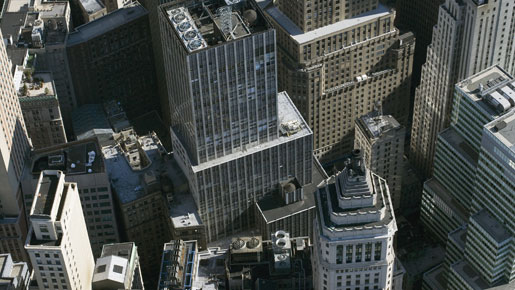
Politics has been at the heart of some of the sharpest market moves in early 2010, with much money to be made or lost as investors call developments right or wrong. It is a trend that looks likely to last.
It is not that political risk itself is higher. The key events in the 2008 crash and following market recovery – the decision not to bail out Lehman Brothers, the London G20 meeting, the decisions to launch stimulus packages – were essentially political moments with profound market impact.
“It’s more that it is affecting markets in a different way,” said Alastair Newton, managing director and political analyst for Nomura.
Essentially, while in 2008-9 a few political decisions helped set the tone for markets for months at a time, now political newsflow looks to be an increasingly important factor driving shorter term moves as well as longer-term trends.
Valuing banking stocks has become impossible without taking a view on how far President Obama will go as he takes on Wall Street with an eye to mid-term elections in the aftermath of the Democrats’ Senate defeat in Massachusetts.
Obama’s January bank reform announcement knocked major US indices down some four percent over two days. Market players will be nervously watching policymakers in the run-up to mid-term elections, with the uncertainty meaning investors will demand a higher risk premium and push prices lower.
Investors nervous over whether the Eurozone’s most indebted economies will default on their debts or be forced out of the euro must assess the ability of governments to force through cuts in the face of potential unrest and political strains.
They must also look at the political viability of rescue from the EU or the IMF if one of the so-called PIIGS – Portugal, Italy, Ireland, Greece or Spain – are pushed to the edge of collapse.
As Britain heads towards a parliamentary election that must be held before June, the pound looks set to be knocked up and down by opinion polls as markets worry a hung parliament could paralyse policymaking at the wrong moment.
Do you want volatility?
Most analysts say they believe the prospect of a Western European default or break in the single currency remains unlikely, but expect assets such as Greek, Spanish and Portuguese bonds and credit default swaps to be buffeted back and forth by political winds.
“It’s going to be a big driver of volatility,” said Newton. “If you don’t like volatility, they are not markets you want to be in. But if you do, there could be a lot of money to be made – or lost.”
That means investors can no longer rely on purely economic and market modelling, sending them rushing to both build their own knowledge and gain expert advice.
Economists covering Britain now scrutinise opinion polls, study key marginal constituencies and devise algorithms forecasting election outcomes alongside analysing interest rate prospects and economic growth.
Meanwhile, specialist risk consultancies more used to rougher frontier markets turn their eyes to Western economies.
“We’ve definitely seen an uptick in interest, particularly over southern Europe and Britain,” said Preston Keat, head of research for consultancy Eurasia Group. “It really began late last year but since January it has really taken off.”
Queries range from multinational firms wondering if they should have contingency plans for Eurozone breakup to specialist banks and brokerages who felt they lacked the in-house political expertise, he said.
Developed world markets must also keep an eye on emerging economies. Local politics in several Central and Eastern European economies –
particularly Hungary, Latvia and Ukraine, all with elections this year – could imperil IMF deals and spark crises that could swiftly spill over borders.
Perhaps fortunately in terms of policy continuity, none of the troubled fringe Eurozone states have elections this year.
In contrast, the US mid-terms look set to drive more populist policy from the White House, impacting not just banking reform but also increasingly strained relations with China over everything from currency pegs to cybersecurity.
Rows over Google and weapons sales to Taiwan have yet to significantly spill over into global markets, but a more serious spat would be a different matter. In the background, tensions with Iran simmer and could again hit world markets.
Washington-linked political risk should fall after the mid-terms to rise again in time for the 2012 presidential poll, experts say, while in Britain whether risk falls after the election will depend on the size of the government majority.
Attention on the Eurozone could take longer to dissipate.
“I would say this could be with us for a year to 18 months,” said Eurasia’s Keat.

